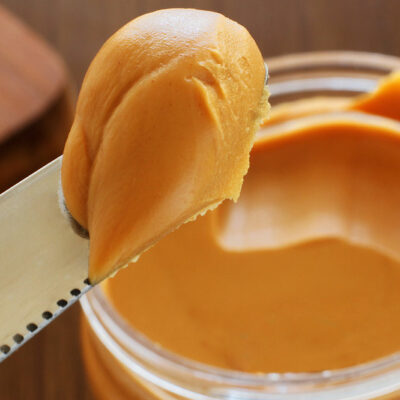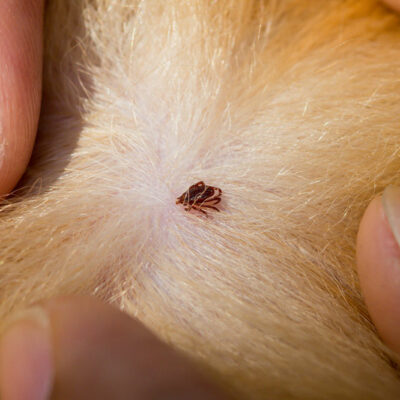
Causes of ADHD and Foods to Help Alleviate Symptoms
In the country, about 6.4 million children have been diagnosed with attention deficit hyperactivity disorder better known as ADHD. However, ADHD can be diagnosed in adults too with about 4% of adults dealing with this condition. This article discusses the causes and diet tips for ADHD.
Causes and diet tips for ADHD
Causes of ADHD
Although the exact causes of ADHD remain unknown, there are a number of factors such as genetics, environment, or issues with the central nervous system that could increase the chances of developing this condition.
Some of these are:
- Genetics
- It has been seen that if a parent has ADHD the chances of their child also having the condition is about 50%. Hence, there are some genetic factors that are passed down from parent to child.
- Issues during pregnancy
- Children with low birth weight or those born prematurely are also at higher risk of developing ADHD. Also, women who smoke or drink alcohol when pregnant have a higher chance of having a child with ADHD.
- Exposure to toxins
- Prolonged exposure to certain substances such as lead or pesticides could interfere with brain development and function and cause hyperactivity, issues with concentration, and impulsive behavior.
- Injury to the brain
- Injury or trauma to the brain can increase the risk of developing ADHD.
It should be noted that certain factors such as sugar and watching too much television do not cause ADHD. Although sugar has been suspected of causing hyperactivity, there is no proof of that.
Foods to manage ADHD
In this article on the causes and diet tips for ADHD, let us now take a look at the foods that can help you to manage the condition more effectively.
- Consume a diet rich in proteins
- Include beans, cheese, eggs, lean meats, and nuts in your diet as they help to increase concentration and boost the effectiveness of ADHD medications.
- Opt for complex carbohydrates
- Vegetables and fruits are good for overall health. Vegetables and fruits such as oranges, pears, grapefruit, apples, and kiwi if eaten in the evening can help you sleep.
- Eat foods rich in omega-3 fatty acids
- Foods such as walnuts, Brazil nuts, and fish including tuna and salmon are rich in omega-3 fatty acids that can help manage ADHD. You can also talk to your doctor about taking an omega-3 fatty acid supplement.
- A balanced diet
- In addition to the above foods, you should ensure that you consume a balanced diet that includes foods that are rich in zinc, iron, and magnesium such as fortified cereals, poultry, nuts, soy, and seafood. These minerals can regulate the functioning of the neurotransmitter dopamine and improve brain function.
Being aware of the causes and diet tips for ADHD should help you to spot the condition early and manage it better.


